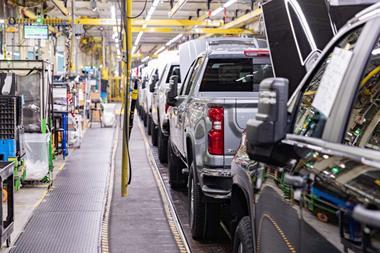BYD’s decision to delay its Mexico plant expansion comes amid rising trade tensions with the US. The company is eyeing potential trade benefits under the USMCA but remains cautious about the uncertain political landscape.
Leading Chinese electric vehicle (EV) manufacturer, BYD, has pressed pause on its ambitious plans to establish a new production facility in Mexico. The company’s decision, announced in a recent Bloomberg report, comes in anticipation of the 2024 United States presidential election, a move that echoes a similar strategy adopted by Tesla.

BYD had been actively scouting potential locations in Mexico, with Guadalajara emerging as a frontrunner. Known as the “Silicon Valley of Mexico,” the city’s thriving tech ecosystem and strategic geographic position made it a compelling choice.
Despite sending delegations to the region and participating in industry events, the company has decided to hold off on finalising its investment until the political landscape in the US becomes clearer. “BYD has stopped actively looking for land for its plant in Mexico until the US elections are concluded,” Bloomberg reported.
The decision to delay the plant expansion is intricately tied to the ongoing trade tensions between the US and China. A 100% tariff imposed on Chinese EV imports by the US government has created a significant hurdle for BYD’s entry into the American market.
In contrast, Europe, despite recent tariff adjustments, remains a more attractive option for the company’s international expansion.
While BYD’s Mexico plant plans are currently on hold, its presence in the country is far from negligible. The recent launch of the Shark pickup truck, a vehicle designed to meet the demands of the local market, underscores the company’s commitment to Mexico. Although the primary focus of production is domestic consumption, the United States-Mexico-Canada Agreement (USMCA) offers potential trade benefits that BYD could capitalise on in the future.
Mexico’s strategic importance to BYD cannot be overstated. The country could serve as a crucial production hub, joining other facilities in Brazil, Hungary, Turkey, and Thailand. BYD’s recent financial performance, highlighted by a 40% year-on-year increase in sales volume, further solidifies its position as a global automotive production leader.
Surpassing established Japanese automakers, BYD has emerged as the seventh-largest automaker worldwide, driven largely by its innovative approach and aggressive expansion strategy.






































No comments yet